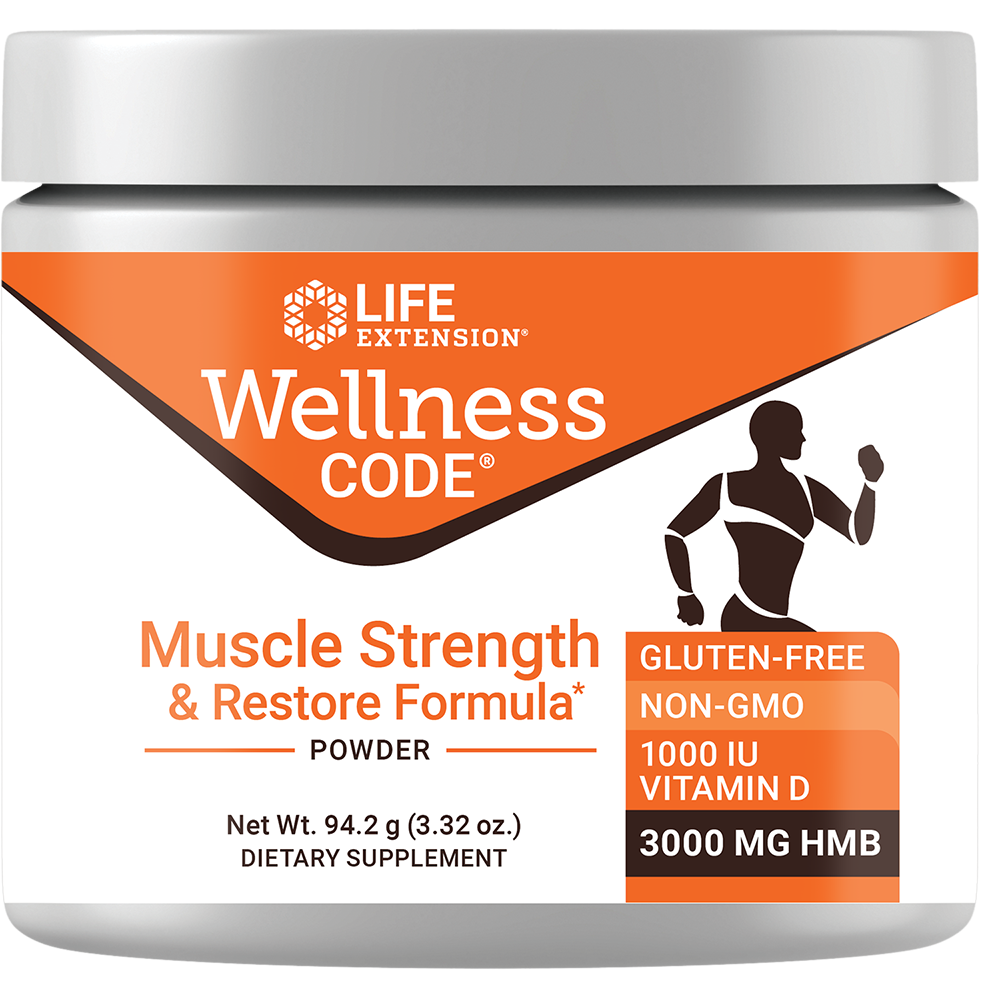
Newsletter
Newsletter
Omega-3 supplementation and eating more fish associated with optimal Omega-3 Index



March 3, 2019
Research reported in the March 2019 issue of Prostaglandins, Leukotrienes and Essential Fatty Acids suggests that it may be necessary to eat fish three times per week and consume an omega-3 fatty acid supplement to achieve an Omega-3 Index value associated with good cardiovascular health. The Omega-3 Index is a blood test that measures red blood cell omega-3 content, which reflects long-term intake of the omega-3 fatty acids eicosapentaenoic acid (EPA) and docosahexaenoic acid (DHA). Previous studies have found that an Omega-3 Index value of at least 8% is associated with the greatest protection against dying from coronary heart disease or any cause, in addition to being associated with better cognitive performance, improved depression and arthritis symptoms, and other positive effects.
In 2018, the American Heart Association (AHA) changed its recommendation concerning fish consumption from a variety of (preferably oily) fish at least twice a week to one to two seafood meals per week. "This apparent downgrade in the recommendation (i.e., removal of 'preferably oily' and 'at least') was made despite evidence that consuming fish more frequently (such as daily or multiple times per day) may impart even greater cardioprotection," authors Kristina Harris Jackson, PhD, RD, and coauthors observed.
A commentary by Louis Kuller, MD, that accompanied the publication of the new guidelines questioned whether the new recommendations would produce cardioprotective omega-3 levels in the blood and suggested that intake should be based on the amount needed by an individual to achieve targeted blood omega-3 levels.
"The AHA currently recommends one to two fish meals per week, and it does not recommend supplementation for the general population,” Dr. Jackson remarked. “In light of our findings, this regimen is unlikely to produce a cardioprotective Omega-3 Index of 8%."
Dr. Jackson’s research included 3,458 adults who had their Omega-3 Index measured and who provided information concerning fish intake and supplement use. Those who consumed no fish or omega-3 supplements had an Omega-3 Index that averaged 4.1%, while subjects who consumed three fish meals per week and an EPA/DHA supplement had levels of over 8%. Consuming fish twice per week (with no supplementation) was associated with an Omega-3 Index of less than 6%. The chance of having an Omega-3 Index value of at least 8% was four times greater for those who consumed three or more servings of fish per week plus supplementation compared to subjects who consumed 2 fish meals per week with no omega-3 supplements.
“The current study again validates the Omega-3 Index as a useful biomarker of EPA+DHA intake,” the authors concluded. “The current fish intake recommendations (1–2 servings of seafood per week) are unlikely to produce a cardioprotective Omega-3 Index level, but consuming primarily oily fish three times or more per week and supplementation may.”
So many supplements ... it's easy to get confused. By answering a few simple questions, we will help you choose the best heart health supplements that are right for you.
Find Your Supplements
Interested in participating in future studies?
|
 |
|
|||||||||||||||||
|
||||||||||||||||||
 |
|
|||||||||||||||||
|
||||||||||||||||||
How Life Extension lab testing works
Connecting to Agent...
Who would you like to talk to?
Chat Hours:
Visit Contact Us or Call us:
7 days a week | 24 hours
Mon - Fri | 7:30 AM - 12 AM (ET)
Sat & Sun | 9 AM - 12 AM (ET)
How was your experience with our Agent?